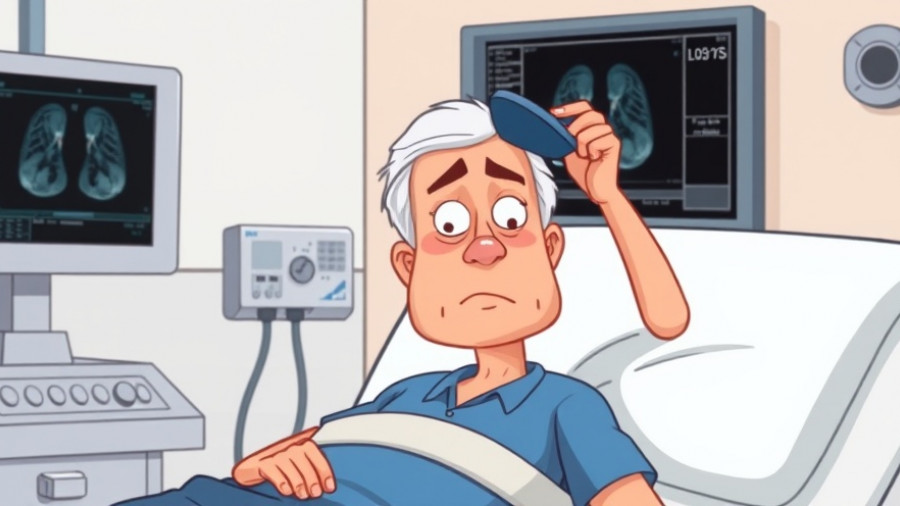
Understanding cPTSD: The Journey Towards Recovery
Complex Post-Traumatic Stress Disorder (cPTSD) is often an unseen ailment affecting many individuals. It's a condition that arises from extended exposure to traumatic events, significantly impacting how one perceives the world and themselves. The road to recovery can be daunting, yet countless stories of healing highlight the possibility of reclaiming one's life.
Mindfulness and Meditation: Pillars of Healing
One effective method for managing cPTSD symptoms is through mindfulness and meditation. These practices encourage individuals to center their thoughts and be present in the moment, helping to alleviate anxiety and stress. Developing mindfulness fosters a sense of self-awareness and empowers individuals to regain control over their emotional responses. Practicing just a few minutes of meditation daily can lead to profound transformations in mental health.
The Power of Therapy: Finding Your Voice
Therapy plays a crucial role in cPTSD recovery. By engaging with a trained professional, individuals can unpack their traumatic experiences in a safe environment. This process not only aids in emotional healing but also fosters resilience and self-efficacy, vital attributes in anyone's recovery journey. Whether it's through Cognitive Behavioral Therapy (CBT) or other modalities, seeking help can illuminate pathways to healing.
Building a Support Network: You Are Not Alone
Recovery from cPTSD is seldom a solitary endeavor. A supportive yet understanding community can make a significant difference in a person's journey. Families, friends, support groups, and even online communities can provide much-needed encouragement. Sharing experiences and listening to others can reinforce the idea that recovery is possible and that isolation is not a requirement.
Empowering Young Minds: Addressing Youth Crime and Mental Health
In regions like South Africa, where issues like youth crime often stem from underlying mental health challenges, initiatives focusing on mental well-being are critical. Educating young people about the effects of trauma and teaching coping mechanisms can significantly reduce the prevalence of destructive behaviors. This approach not only benefits individuals but also cultivates healthier communities.
Exploring Resilience: Stories of Triumph
The road to healing is varied. Many have walked this path and shared their stories of triumph over trauma. Such instances of resilience not only inspire but also underscore the importance of proactive mental health strategies. By sharing these narratives, we highlight that recovery from cPTSD is not just a dream—it's an attainable reality.
Actionable Steps: Taking Charge of Your Healing Journey
As one embarks on a healing journey, understanding actionable steps can empower individuals towards recovery. Engage in mindful practices, seek professional help, build a supportive community, and share your experiences. These steps create a framework for consistent growth and healing.
Conclusion: Embrace the Journey to Healing
For those navigating the difficult waters of cPTSD, there is hope. By integrating mindfulness, therapy, community support, and empowerment through education, individuals can navigate their unique journeys towards healing. Remember, the path may be challenging, but it is also filled with opportunities for growth and self-discovery. Embrace the journey, and reclaim your life.
 Add Row
Add Row  Add
Add 




Write A Comment